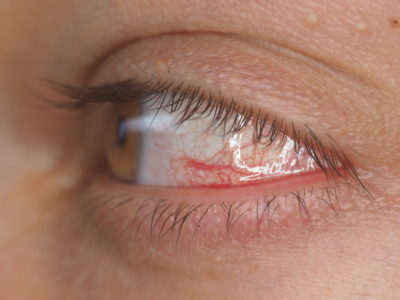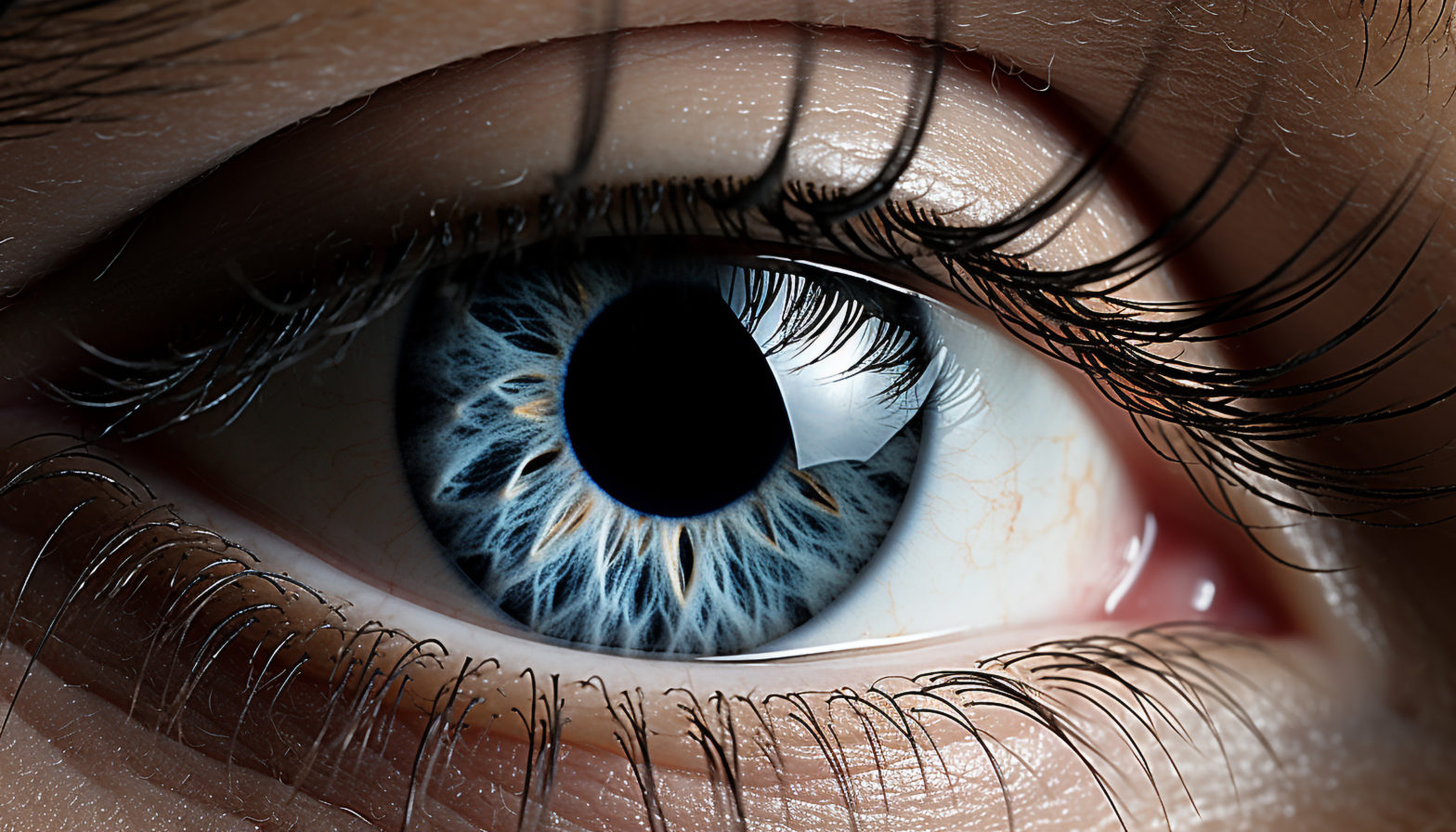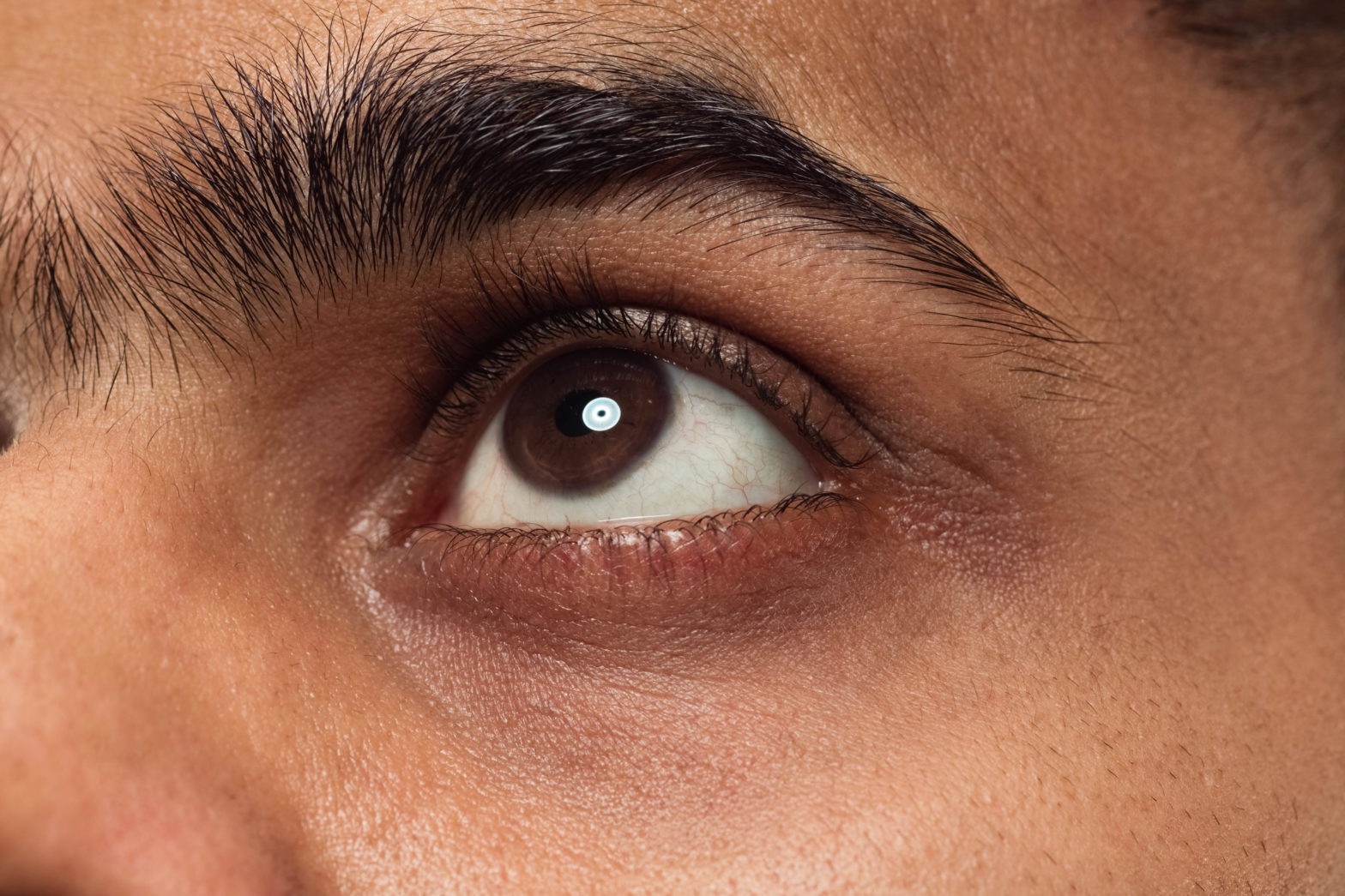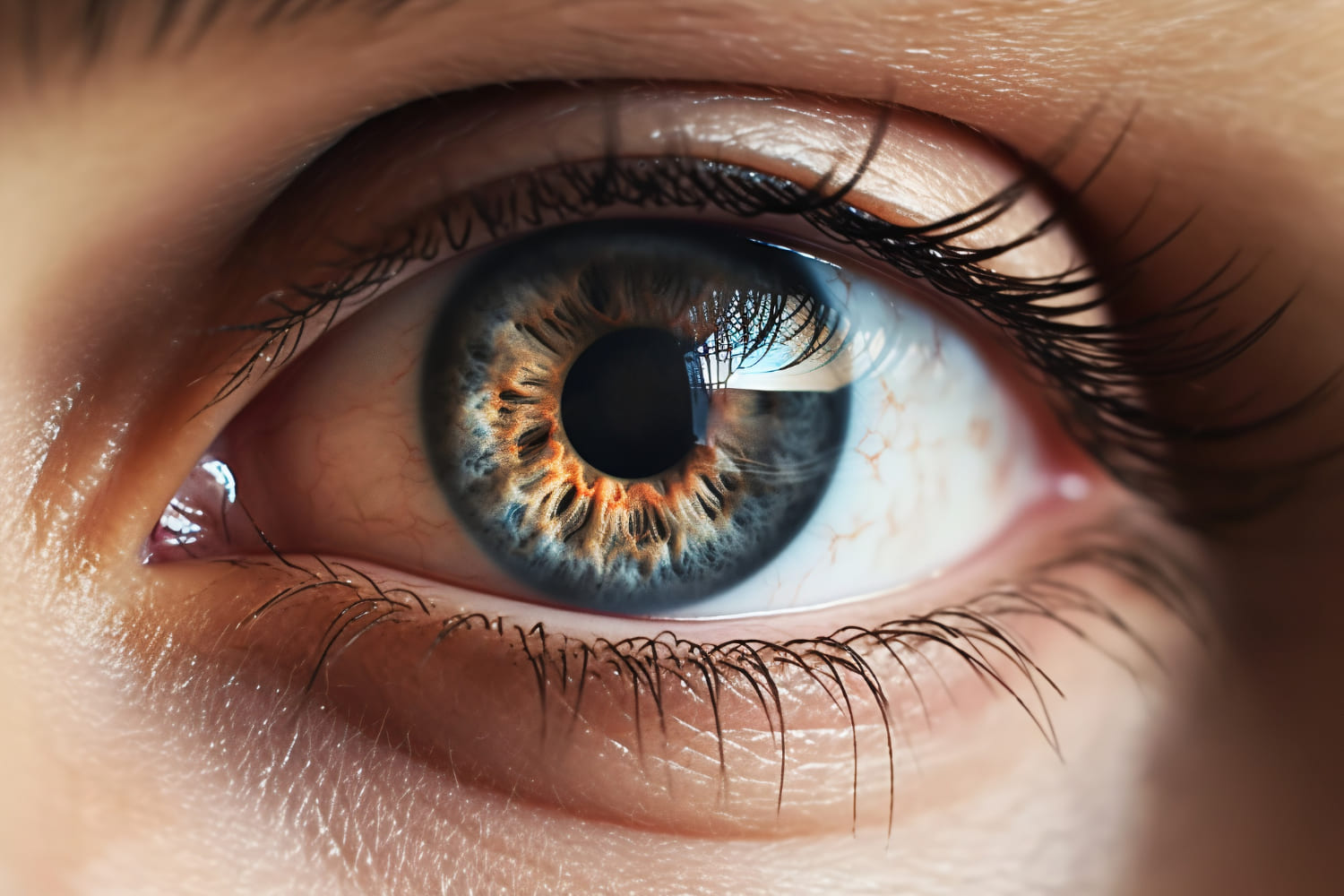Have you ever felt as if there was an annoying grain of sand trapped in your eye, even if you swear there wasn’t? Well, you might have a corneal abrasion, which is a fancy term for a scratched cornea. Consider your cornea to be your eye’s clear, dome-shaped windshield, allowing you to see the world in all of its grandeur. But, like any windshield, it is prone to scratches, which is where the problem begins.
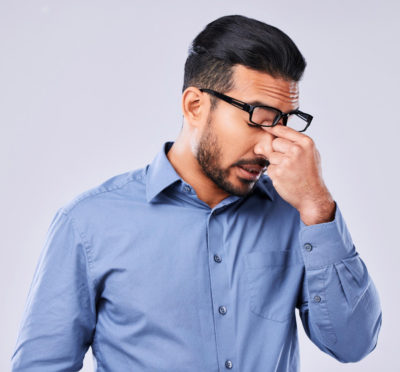
What Exactly is a Corneal Abrasion?
Imagine your cornea as a delicate, clear film that covers the front part of your eye. Consider how it would be scraped or scratched by a rogue object, such as a stray fingernail, a sharp edge of paper, or even a blast of wind bringing trash. Ouch, right? That’s a corneal abrasion, a minor but significant injury to the outermost layer of your eye.
How Does It Happen?
Corneal abrasions can arise for a variety of reasons. Perhaps you rubbed your eye too hard, or you got a little too experimental with those contact lenses. Even something as simple as dust particles or a stray eyelash can cause damage on your cornea. Basically, anything severe or foreign that comes into touch with your eye has the potential to produce an abrasion; talk about high-maintenance!
What are the Symptoms to look out for?
Now, how can you tell whether you have a corneal abrasion? Well, your eye will not hesitate to let you know. Here are some advising symptoms to keep an eye for:
- Eye Pain/Irritation: It feels like a small ninja is hitting at your eye with its sharp little sword.
- Redness: Your eye may resemble a cherry tomato – not the best appearance, we acknowledge.
- Watery Eyes: Your eye may begin to tear up as a defensive response against the injury.
- Light Sensitivity: Bright lights suddenly feel irritating, and curtains may become your new best friend.
What are the Treatments and Recovery Process?
First things first however tempting it may be, avoid the impulse to rub your eye. Rubbing will simply make things worse and make a small scrape become a much bigger problem.
Instead, abide by these guiding principles:
- To get rid of any last bits of debris, run clean water or saline solution over your eye.
- Don’t Do It Yourself: Before applying over-the-counter eye drops or ointments to your eyes, get medical advice.
- Cover Up: As your eye heals, you may occasionally need to give it a little more shielding. An eye patch could be advised by your doctor to protect it from more damage.
- Seek Professional Assistance: It’s time to contact your eye doctor if the pain continues or if it affects your eyesight. With their expertise, they’ll quickly assess the damage and recommend the best course of action.
The Key Is Prevention
When it comes to corneal abrasions, it’s true what they say—prevention is better than cure! The following helpful advice can help you keep you safe:
- Put on Eye Protection: Invest in safety goggles whether you’re doing extreme sports or DIY projects. Your eyes will thank you later.
- Treat with Caution: Consider your eyes to be more precious. This means that being gentle is the key; no prodding, poking, or rubbing.
- Keep Hydrated: Drink plenty of water and use artificial tears to keep your eyes lubricated, especially if you spend a lot of time in front of a screen.
- Frequent Examinations: Make an appointment for routine eye exams with your optometrist to detect any possible problems before they become serious eye problems.
Never forget that your eyes are valuable assets, so give them the attention and care they require. And don’t worry if you ever find yourself in a fight with a stray lash or a stubborn grain of sand—with the right maintenance and some care, your eyes will be shining again in no time. For more eye care tips, book your consultation with your eye doctor and keep your eyes safe!
